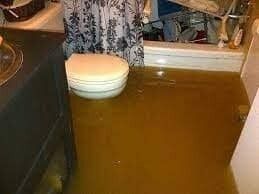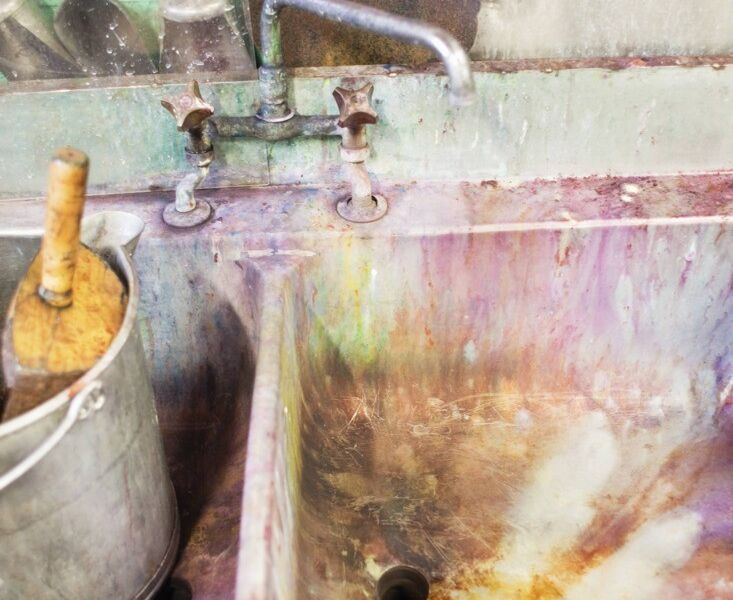
Sewage Backup in Wastewater Treatment Plants: Causes and Effects
Wastewater treatment plants play a crucial role in ensuring the proper disposal and treatment of sewage. However, these facilities can sometimes experience sewage backup, which can lead to significant problems. This article will explore the causes and effects of sewage backup in wastewater treatment plants and discuss possible solutions.
Causes of Sewage Backup

Several factors can contribute to sewage backup in wastewater treatment plants:
- Heavy Rainfall: Excessive rainfall can overwhelm the capacity of the sewage system, leading to backups.
- Blockages: Foreign objects, grease buildup, or tree roots can obstruct the sewer lines, causing sewage to back up.
- Equipment Failure: Malfunctioning pumps, valves, or other mechanical equipment within the treatment plant can result in backup issues.
- Aging Infrastructure: Older pipes and sewer systems may be more prone to damage and blockages, increasing the likelihood of sewage backup.
Effects of Sewage Backup
Sewage backup can have various detrimental effects on wastewater treatment plants:
- Environmental Pollution: When sewage overflows from the treatment plant, it can contaminate nearby water bodies, negatively impacting aquatic habitats and posing a risk to public health.
- Operational Disruption: Sewage backup can disrupt the normal operations of a wastewater treatment plant, causing delays, increased maintenance, and potential closures.
- Equipment Damage: The presence of sewage in sensitive equipment can lead to corrosion, electrical failures, and other damages, requiring costly repairs or replacements.
- Health Risks: Exposure to raw sewage can pose significant health risks to wastewater treatment plant workers, with potential hazards including bacterial infections and diseases.

Solutions to Sewage Backup
Addressing sewage backup issues requires a combination of preventive measures and effective response strategies:
- Regular Maintenance: Wastewater treatment plants should implement regular inspections, cleaning, and maintenance programs to identify and address potential causes of sewage backup.
- Capacity Planning: Proper planning and design of wastewater treatment facilities, considering projected growth and rainfall patterns, can help prevent overflow and backup issues.
- Emergency Response: Establishing an emergency response plan that outlines proper procedures and safety protocols for handling sewage backup incidents is crucial.
- Infrastructure Upgrades: Investing in the repair and replacement of aging pipes, pumps, and other infrastructure components can minimize the risk of sewage backup.
- Public Education: Educating the public about the importance of proper waste disposal, avoiding flushing non-biodegradable items, and reporting potential blockages can help prevent sewage backup.
By taking proactive measures to prevent sewage backup and implementing effective response strategies when incidents occur, wastewater treatment plants can mitigate the negative effects and ensure the smooth operation of their facilities.
What are the health risks associated with sewage backup?
How can wastewater treatment plants prevent sewage backup?
For professional sewage backup remediation and emergency sewage cleanup services in US, contact Water Damage Restoration Pros of Las Vegas at 725-210-8500.


